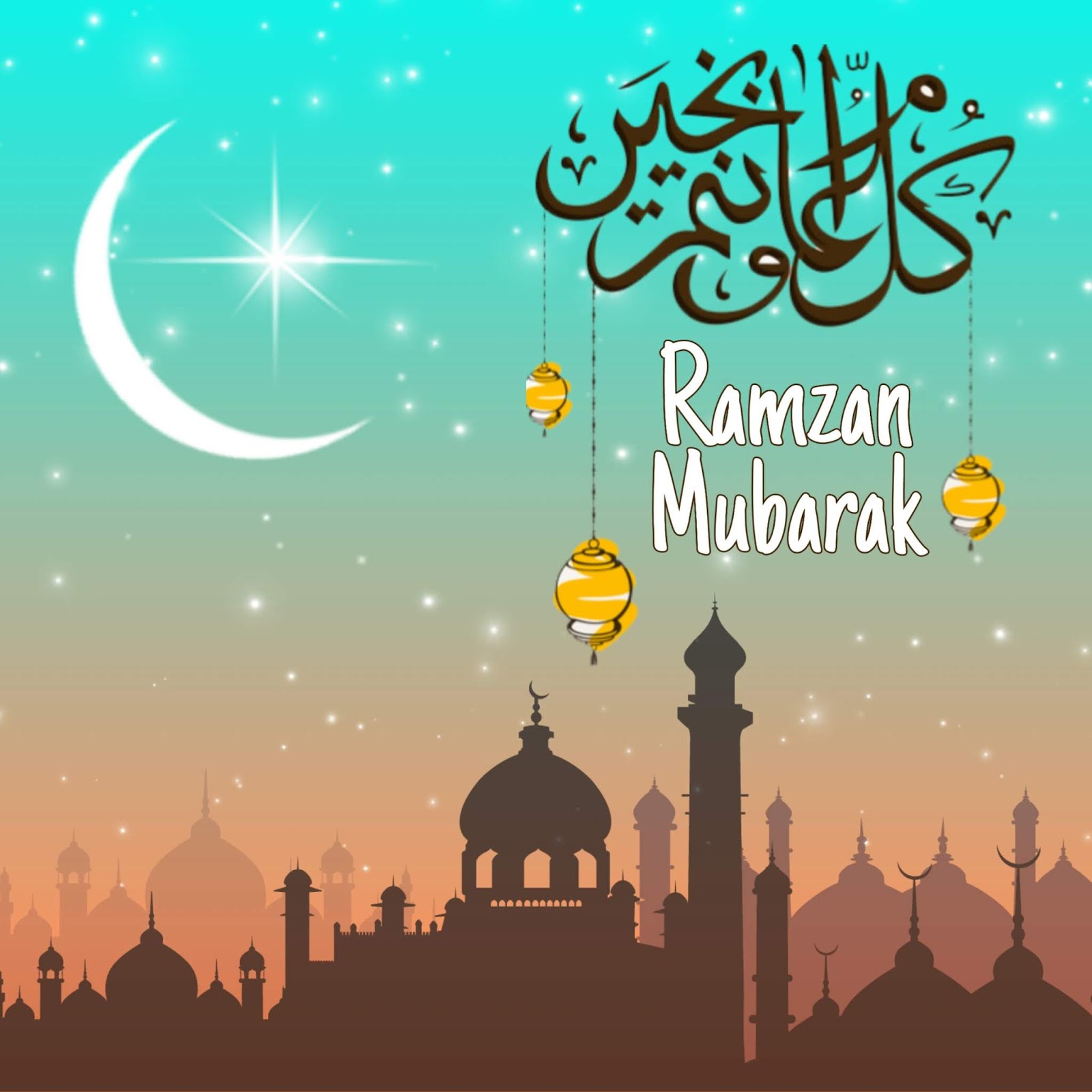Ramadan Mubarak: A Guide To The Holy Month
Ramadan Mubarak is a phrase that resonates deeply with millions of Muslims around the world, symbolizing the onset of the holy month of Ramadan. This sacred period is not only a time of fasting but also a period of reflection, prayer, and community. In this article, we will explore the significance of Ramadan, its practices, and the profound impact it has on the lives of Muslims. Join us as we delve into the heart of Ramadan, offering you a comprehensive guide to understanding this cherished month.
As the crescent moon appears, signaling the beginning of Ramadan, Muslims engage in various rituals that enhance their spiritual connection. The month of Ramadan is observed with great reverence, emphasizing the importance of self-discipline, empathy for the less fortunate, and a closer relationship with Allah. Understanding the customs and significance behind Ramadan is essential for both practicing Muslims and those interested in learning about this important aspect of Islamic culture.
In the following sections, we will provide an in-depth overview of Ramadan, its historical context, and the various practices associated with it. We will also discuss how Ramadan fosters a sense of community and charity, making it a transformative experience for individuals and families alike. Whether you are seeking to deepen your understanding or simply wish to appreciate the beauty of this holy month, this article aims to be your comprehensive resource.
Table of Contents
- What is Ramadan?
- Historical Significance of Ramadan
- Practices During Ramadan
- Community and Charity
- Health Benefits of Fasting
- Conclusion
What is Ramadan?
Ramadan is the ninth month of the Islamic lunar calendar and is observed by Muslims worldwide as a month of fasting, prayer, reflection, and community. The significance of Ramadan lies in its commemoration of the first revelation of the Quran to the Prophet Muhammad. During this month, Muslims believe that the gates of Heaven are open, and the gates of Hell are closed, providing a unique opportunity for spiritual growth.
Historical Significance of Ramadan
The history of Ramadan is rooted in the teachings of Islam, dating back to the 7th century when the Quran was revealed. The month of Ramadan is mentioned in the Quran itself, emphasizing its importance in the Islamic faith. The practice of fasting during Ramadan was established as one of the Five Pillars of Islam, which are fundamental acts of worship that shape a Muslim's faith and practice.
Practices During Ramadan
During Ramadan, Muslims engage in several key practices that enrich their spiritual lives and foster a sense of community. The primary practices include fasting, prayer, and reflection.
Fasting
Fasting, or 'Sawm,' is one of the most significant aspects of Ramadan. Muslims fast from dawn until sunset, abstaining from food, drink, smoking, and marital relations. The fast is broken each day with a meal known as 'Iftar,' traditionally starting with dates and water, followed by a larger meal. Fasting during Ramadan serves multiple purposes:
- Enhancing self-discipline and self-control
- Encouraging empathy for the less fortunate
- Fostering a sense of gratitude
Prayer and Reflection
In addition to fasting, increased prayer and reflection are key components of Ramadan. Muslims perform additional prayers known as 'Taraweeh' after the obligatory night prayer. This is a time for reciting the Quran, engaging in spiritual discussions, and seeking forgiveness and guidance from Allah. The emphasis on prayer during Ramadan serves to deepen one's faith and connection to God.
Community and Charity
Ramadan is also a time for community and charity, with Muslims encouraged to give to those in need. The practice of 'Zakat,' or charitable giving, is especially emphasized during this month. Many Muslims choose to donate to local charities, provide meals for the less fortunate, and engage in acts of kindness. This spirit of giving strengthens community bonds and reinforces the values of compassion and generosity.
Health Benefits of Fasting
Fasting during Ramadan has been linked to several health benefits, both physical and mental. Research suggests that intermittent fasting can lead to improvements in metabolic health, weight management, and even mental clarity. Some of the health benefits of fasting include:
- Improved insulin sensitivity
- Enhanced brain function
- Detoxification of the body
Conclusion
In summary, Ramadan Mubarak is a significant time for Muslims around the world, embodying the principles of fasting, prayer, reflection, and charity. The practices observed during this holy month serve to strengthen faith, foster community, and promote compassion. As we conclude this guide, we invite you to reflect on the values of Ramadan and consider how they can enrich your own life. Share your thoughts in the comments below, and feel free to explore other articles on our site for more insights into Islamic culture and traditions.
Final Thoughts
Thank you for taking the time to read our comprehensive guide on Ramadan Mubarak. We hope this article has provided you with valuable insights and a deeper appreciation for this sacred month. We invite you to return for more informative content and to engage with our community.
Article Recommendations
- Jonathan Oddi
- Is Abby Phillip Hair Real
- Is Sam Darnold Married
- Maal49
- Mykie And Anthony
- Mike Rowe Wife
- Camilla Araujo Leaks
- Paige Vanzant Leak
- Sophieraiin Leaks
- Sam Heughan


